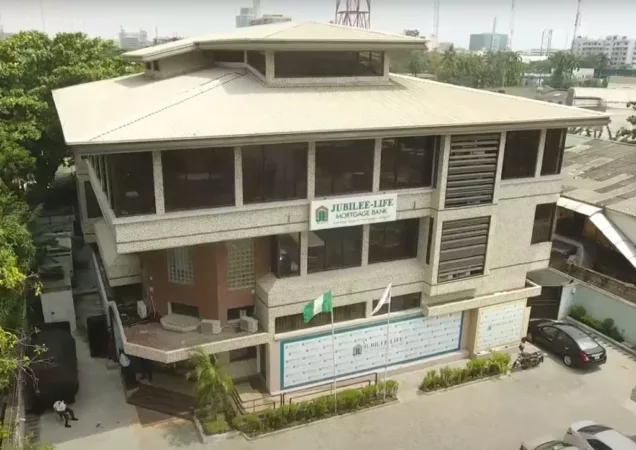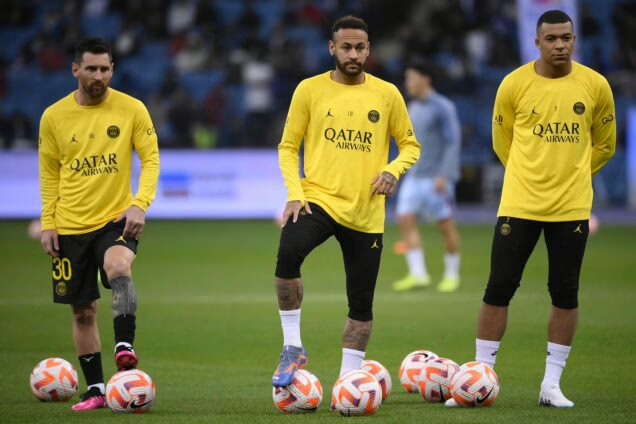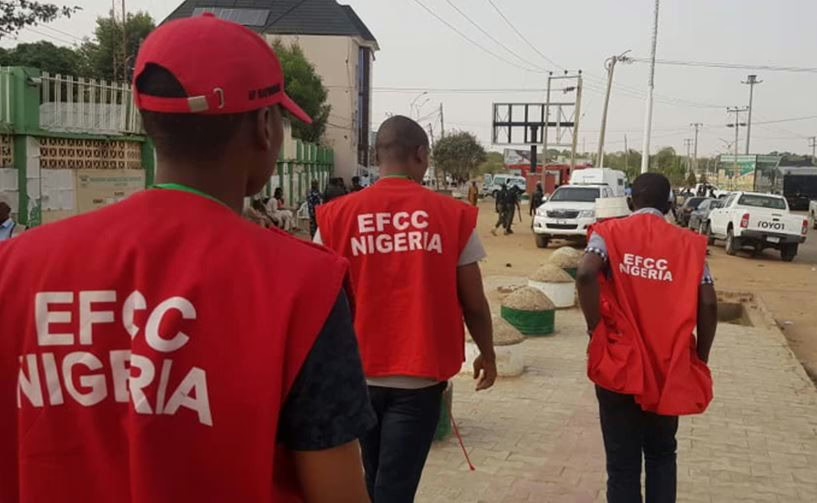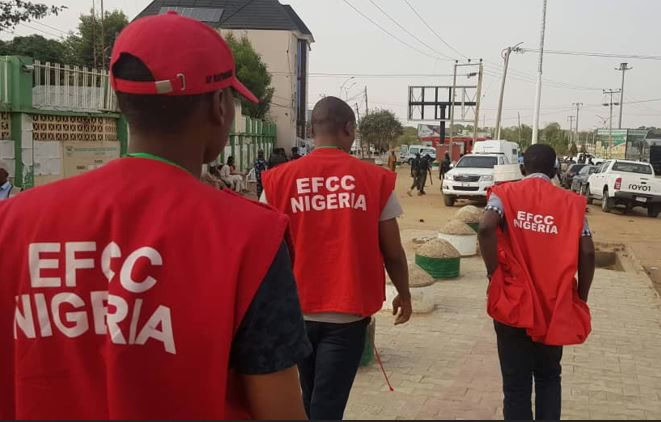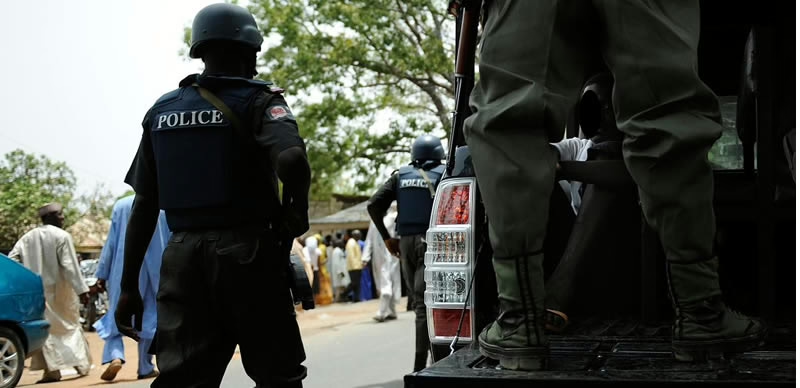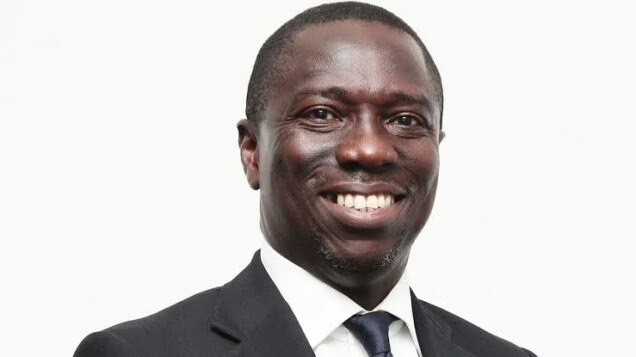Longevity is a predominant gene in Ogunwande’s lineage. His grandfather, Akínsílolá Légbéjure, aka Agbólelelogunyábárá, inhabited the earth for more than a hundred years. His father, Iroko, a First World War soldier, also lived five years beyond hundred. Sangodayo, his mother, breathed her last at 112 while his eldest sibling, Ogunyoyin, was two years shy of 100 when death closed her eyes, and his second eldest sibling, Ogundiya, the Asipade, and Aàre Ìsègùn of Oyo, died suddenly on December 31, 2011 when he was 88 years young. For ’Wande, Life is a marathon of battles requiring the armours of endurance, courage and determination.
“My father died in 1971. His sight never dimmed, his awareness never waned, his memory remained sharp and he still walked to and fro the town hall in Akesan, a journey of two miles, to pay his monthly water bill. He walked longer distances to visit his friends. My mother was perceptive and fit until she died in 2007. The same thing applied to all my siblings,” Wande recalled in his soft voice.
When Wande finished his M.A. degree in the US, in 1966, and returned to Nigeria, two letters of employment were already waiting for him. He never applied for either of the two jobs, one of which was an appointment as a Research Fellow at the University of Ife (now Obafemi Awolowo University), and the other employment was as Lecturer II at the proposed Department of Yoruba Language, University of Lagos.
So, Ogunwande arrived at the crossroads of dual employment opportunities, fully aware of what he wanted but quite oblivious to the twists and turns of the academic marathon that lay ahead of him.
“As I started moving up the ladder in my academic career, my mother would admonish me to be mindful of the son of whom I am. She would tell me not to steal or engage in any form of corruption,” Wande began. “I never stole a kobo all my life. What for? What am I going to do with millions?”
Wande later became a professor at Harvard, Boston University, Amherst College, University of Louisville, Kentucky; Smith College, Massachusetts; and Colgate University, among others. “I didn’t apply to be a professor in any of these universities. They made me a professor because they needed me. That’s how it should be. My elder brother, Ogundiya, never saw the inside of a classroom but when I took him to Boston for a year, he delivered lectures all over the US, with various institutions getting interpreters to explain his teachings. That’s how it should be. We should be teaching in our own language,” Ogunwande emphasised.
As an àbíkú, who was almost beheaded by an age-mate at 9, Abimbola came to an early realisation that life was a battle requiring the caution of the chameleon, the strength of the buffalo and the agility of the tiger. He soon knew that the life of an àbíkú was the tale of Ikún and Dèdè – the squirrel and the trap. n de , n de .
Wande, the àbíkú, is tied down in the mortal realm by charmed intervention and prevented from going back to the underworld, but death lurks still, like a baited trap, seeking to crush the squirrel by the neck, just like Wande’s attacker sought to cut his neck with a machete. The Yoruba advise that gratitude should be the song of a victim who lost his cap instead of his life to death, “Iku to ba fe pa’ni, to ba si’ni ni fila, o ye ka dupe.”
“The boy who attempted to behead me ran away from the village for one month. In his absence, his father and mother, who were good and responsible people, apologised profusely. We became ‘friends’ again when I recovered from my illness. Needless to say, I was never too close to him, and I never trusted him again until he died about 10 years ago,” Ogunwande stated.
An academic senior, Adeboye Babalola, who bagged a PhD from the School of Oriental and African Studies, University of London, in 1964, was the one who invited Abimbola to join the proposed Department of Yoruba at UNILAG.
“Baba Babalola was a lecturer at the Institute of African and Asian Studies, UNILAG. He was a former student of Igbobi College. He rose to become the principal of Igbobi College in the 50s, after studying at Oxford University. Babalola bagged 9 ‘A’s in his secondary school certificate exam. I decided to join him at UNILAG because the offer had to do with teaching and Yoruba.
“So, in 1966, we started a B.A degree programme in UNILAG with only two students. In choosing the UNILAG offer over UNIFE, I asked if Baba Babalola could supervise my PhD, a proposal to which he agreed. Thus, I did my PhD on part-time while I was lecturing at UNILAG, and finished my thesis in 1969, graduating in 1970. The title of my thesis is, “Ifa: An exposition of Ifa Literary Corpus.” My thesis was the first PhD awarded by UNILAG,” Ogunwande explained.
Abimbola’s academic journey at UNILAG took another turn when Professor Adeagbo Akinjogbin, a world-class historian, visited him, saying the Vice Chancellor, UNIFE, Prof Ezekiah Oluwasanmi, wanted to see Wande the next day.
“By 1971, I had resigned from UNILAG but UNILAG VC, Professor Ade Ajayi, didn’t approve my resignation because he didn’t want me to go. Anyway, I went to see Oluwasanmi, who told me of his intention to start Yoruba Studies in Ife. I told Oluwasanmi that Indiana University had sent an air ticket to me and had even employed a graduate assistant for me from Nigeria, who had gone to the US ahead of me. His name is Ajibade Ajuwon, my childhood friend, who later became a professor at UNIFE.
“Oluwasanmi convinced me not to go to Indiana until January. So, I taught in UNIFE up till January 1, 1972, preparatory to going to Indiana University. I had to go and teach at Indiana because I didn’t want them to feel bad. After teaching for some time, I told them that my country needed me, so I returned to Nigeria. In 1976, I became the first professor at the Department of African Languages and Literatures, UNIFE, thus making me the chair of the department,” Abimbola recounted.
Abimbola became the Dean, Faculty of Arts, in 1977, and was enjoying his job until one evening in 1982 when he heard a knock on his office door.
“Come in,” Wande said. It was Dr Oyewusi, a colleague. Ogunwande was in a chatty mood but Oyewusi wasn’t. “Where’s your CV?” Oyewusi asked. “My CV?” Ogunwande searched Oyewusi’s eyes for a clue. “Yes, your CV. “Didn’t you hear that the VC, Prof Cyril Onwumechili Agodi, has said he wasn’t going for a second term in office? Oyewusi asked, declaring, “You’re the next VC.”
It wasn’t hard to fetch Wande’s CV as he always had copies in his drawer. He gave his excited colleague a copy of his CV so that Oyewusi could leave his office on time.
“I neither asked nor heard anything about the issue again. It was Oyewusi who filled out the form, got someone to nominate me, and also submitted it. He only said I should sign. Oyewusi taught at the Department of Physical and Health Education. At the time, a seven-member committee consisting of three members of council, three members of senate and the chairman of council made up the selection committee. That selection committee would recommend three shortlisted names to the Visitor of the university, President Shehu Shagari.
“Oyewusi was convinced nobody was better than me for the post. But he was afraid I might go ahead and support any candidate that solicited my support. To me, Oyewusi was just joking. I busied myself with my work, teaching in Nigeria and crisscrossing the Atlantic over 12 times per year to deliver papers across the world,” Ogunwande said.
A long time afterwards, an Oyo prince, Adebayo Sàndà, who was a director with the Nigerian Television Authority, Ibadan, visited Abimbola in his Ife office, breaking some news to the scholar.
“Congratulations! The president signed your letter of appointment as VC yesterday,” Sàndà gushed. Ogunwande was shocked. “Letter!?” he asked. Sàndà said, “Yes,” adding that he could collect the letter on my behalf.
“I was billed for a conference abroad around that time. I told my friend, Sàndà, about the conference, and I left Nigeria. When I returned, I went to Sàndà’s office in Ibadan to tell him I was back,” said Wande.
I noticed Sàndà wasn’t his usual self. “Maybe I should’ve told you not to go abroad. It appears they want to dabaru the whole thing. They said the National Chairman of the ruling National Party of Nigeria, Chief Adisa Akinloye, has collected your letter,” Sàndà said. Wande asked him why, and Sàndà said he didn’t know.



